
By: Kodwo Brumpon
“Truth is the first victim of war.” – African proverb
The story is told of how Gilbert Keith Chesterton, the English philosopher, author, essayist and Christian apologist, wrote a short letter to the editor of a major newspaper who asked the public to write in, explaining what they thought was wrong with the world.
It is said that Chesterton’s letter was short and went like this: “Dear Sir, What’s wrong with the world? I am, Yours Sincerely, G. K. Chesterton.”
“My fault, my fault, my most grievous fault” is what he said is wrong with the world. Not many of us can be that brave because our whole culture is awash with the pop psychology counseling mentality which encourages us to blame somebody else for our problems.
If we conduct a survey about what is wrong with our nation, almost all of us, if not us all, will point our fingers at someone else, from our colonial masters to the politician, and the public servant. We even blame others for our personal challenges.
This attitude of blaming others is known as the ‘victim culture.’ It is a mindset that consistently perceives itself as a victim of external forces, whether historical, systemic, or circumstantial.
So, every problem we have, every fault in our character, and every weakness of ours, is the result of some other person or group’s fault. We might never know where it originated from, but we are brilliant at playing the victim.
Even our alcoholics and drug abusers are quick to pin their flaws on frustrations caused by others. What makes this attitude scary is that even our leaders also play the blame game.
Yes, they cannot solve the nation’s challenges because some previous leaders did not build the foundation, and they did not do something else right.
What we do not realise with the finger-pointing attitude is that we have cultivated an entrenched victim mentality which is dangerous and detrimental to ourselves. This is particularly relevant in the context of our national development.
Why? Once we are blaming others for our problems and weaknesses, we are directly inferring that somebody else should solve our problems for us.
The logic behind this attitude is that since our problems were caused by others, some other person should solve them for us. Can we begin to understand why we are not making progress in our development efforts?
Let us assume that others have been the cause of our headache. What is stopping us from taking responsibility for their mistakes as well as ours?
The logic here is that since those others have caused us damage, it means they do not care about us and would never do anything to uplift us.
Thus, we have a duty to see the people who hurt us with hearts of compassion and be the agent of forgiveness towards them, whilst lifting ourselves up.
It is that simple and a more matured way of taking responsibility for ourselves in a most solemn vow of acknowledgement. However, if we were honest with ourselves, we would realise that we have taken part in the greed that has ruined our country.
When we assume that we are underdeveloped because some forces elsewhere are working against us, we will never rise.
This is because the victim mentality comes with an entitlement culture, which prevents you from doing anything. You would always want someone to bail you out.
But when we stop playing the victim, we start engaging ourselves to be more involved in activities that allow us to pick our trash and that of others.
Put simply, instead of playing the victim, we should play adults and clean up after ourselves and others. It is time to stop blaming other people for our problems and instead take responsibility for our own mistakes, failings, and problems.
We should never let ourselves be intimidated about doing things for ourselves. Even if the whole world decides to pull us down, we should rise after every fall and strive to do better than we are doing.
We should not back down even if only a handful of us have to do all the work. We should cultivate the “me-and-nobody-else-but-me” is responsible for the flourishing of myself and my society attitude.
Not only will that catapult us into maturity, but we will rise and develop our nation quicker than anyone else doing it for us.
Let us therefore step out of the ‘victim mindset,’ and little shell, and see ourselves as part of this wonderful universe and be connected to all the goodness and beauty and truth in it.
Let us be involved, instead of playing island. Let us appreciate our humanity and the effect our efforts contribute to its flourishing.
__________________________________________________________________
Kodwo Brumpon is an executive coach at Polygon Oval, a forward-thinking Pan African management consultancy and social impact firm driven by data analytics, with a focus on understanding the extraordinary potential and needs of organisations and businesses to help them cultivate synergies, that catapults into their strategic growth, and certifies their sustainability.
Comments, suggestions, and requests for talks and training should be sent to him at [email protected]
The post The victim culture appeared first on The Business & Financial Times.
Read Full Story
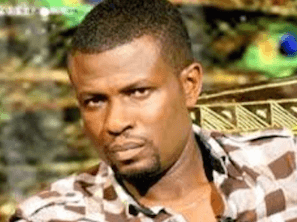


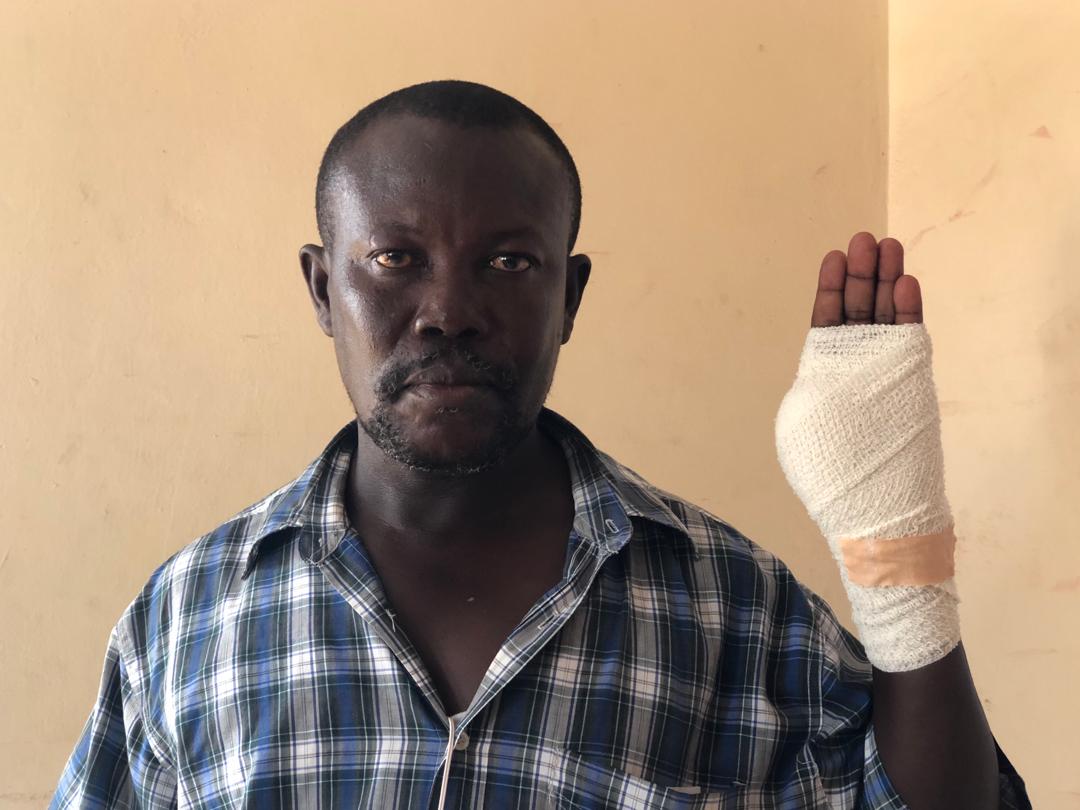
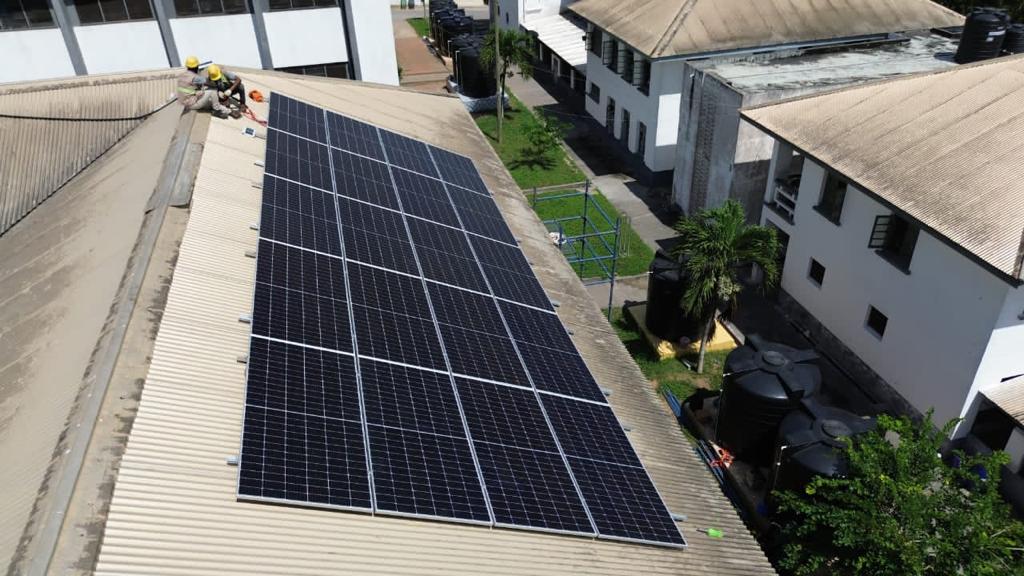


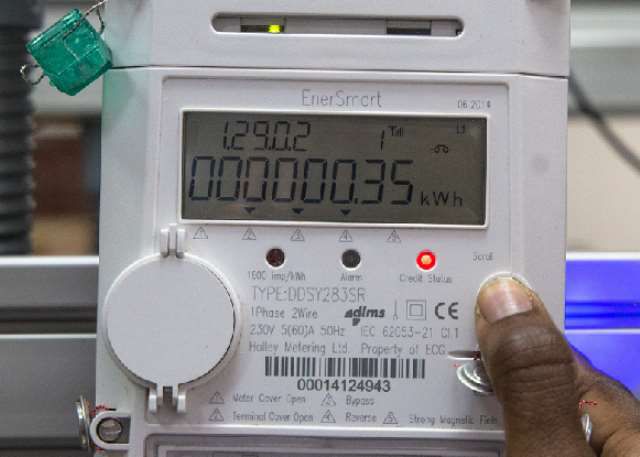



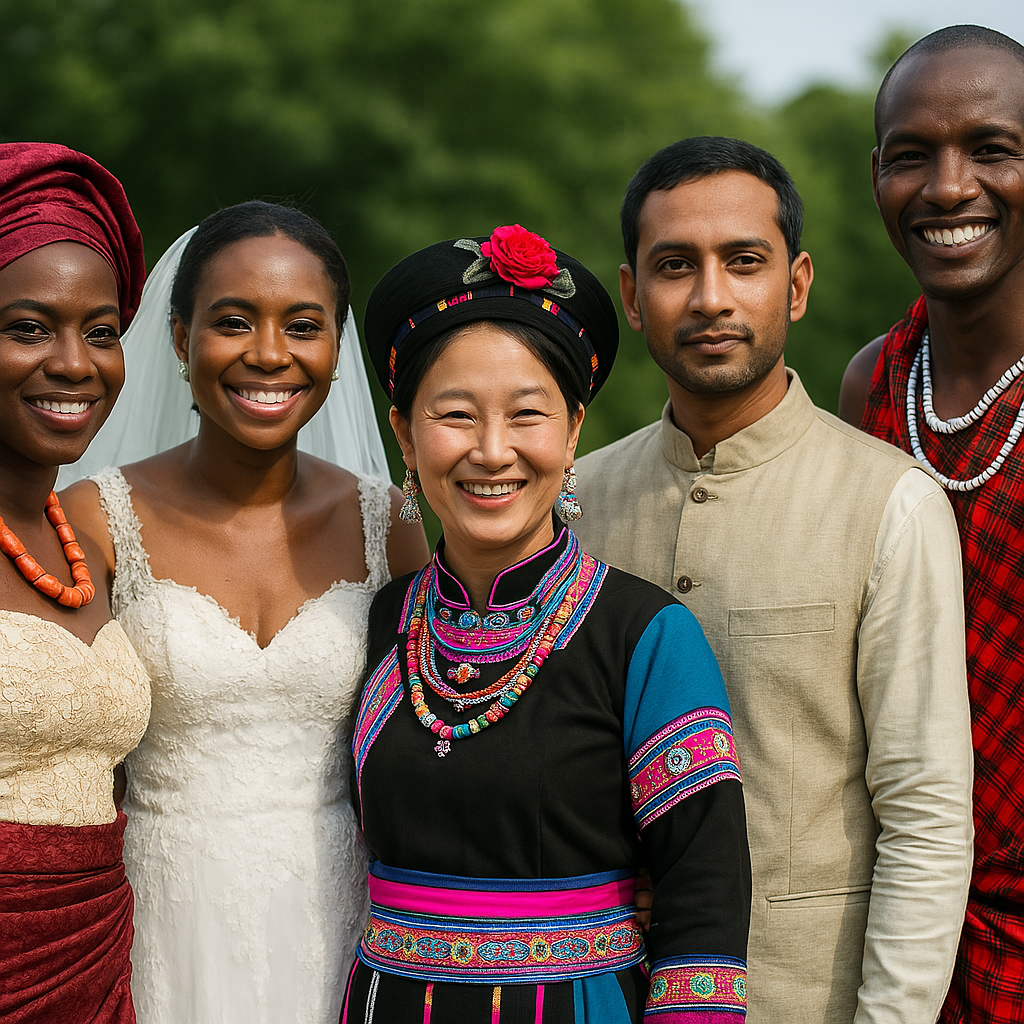
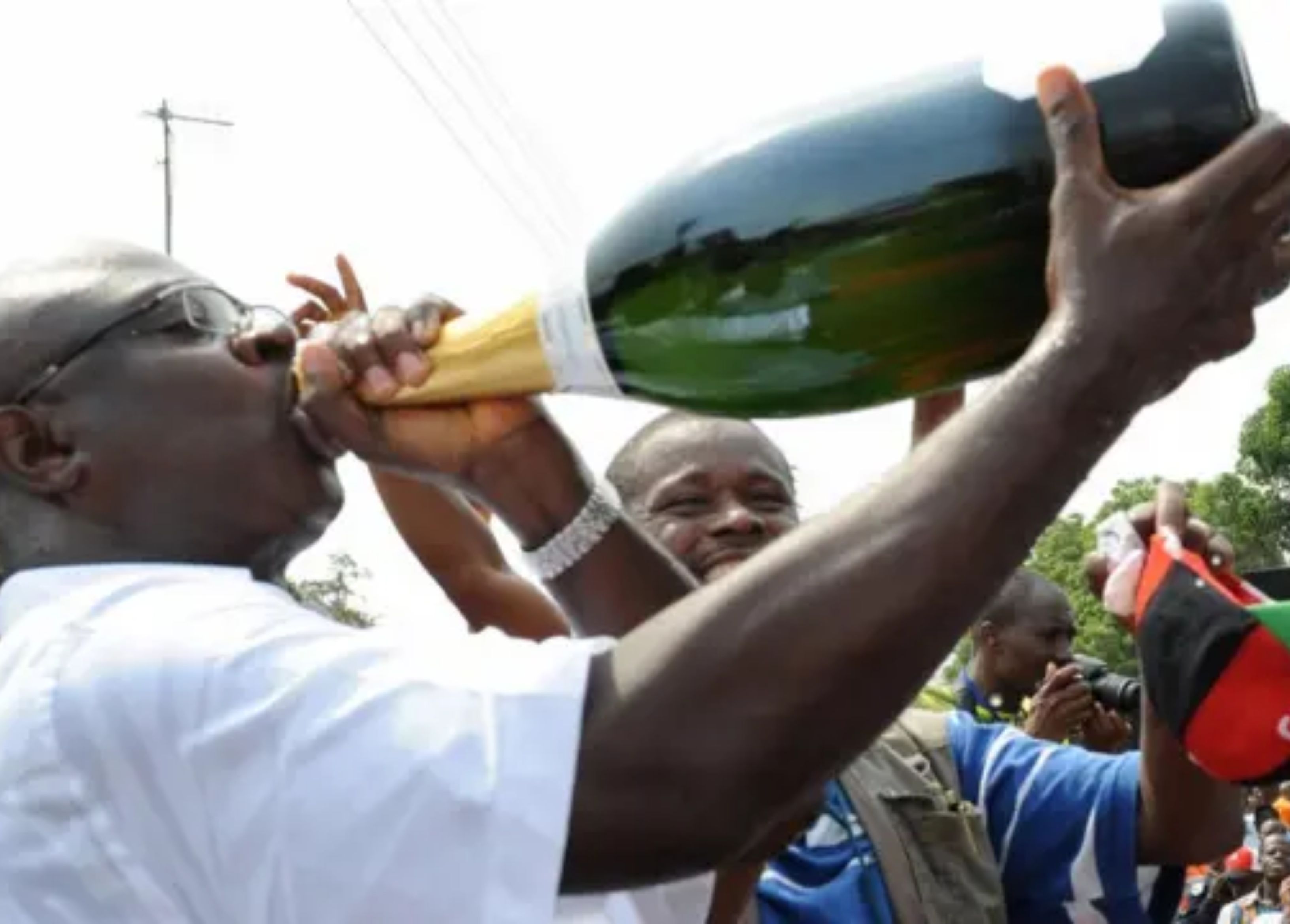

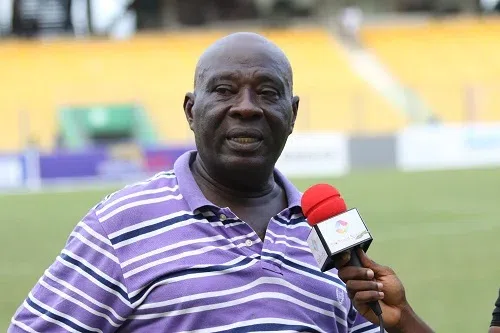
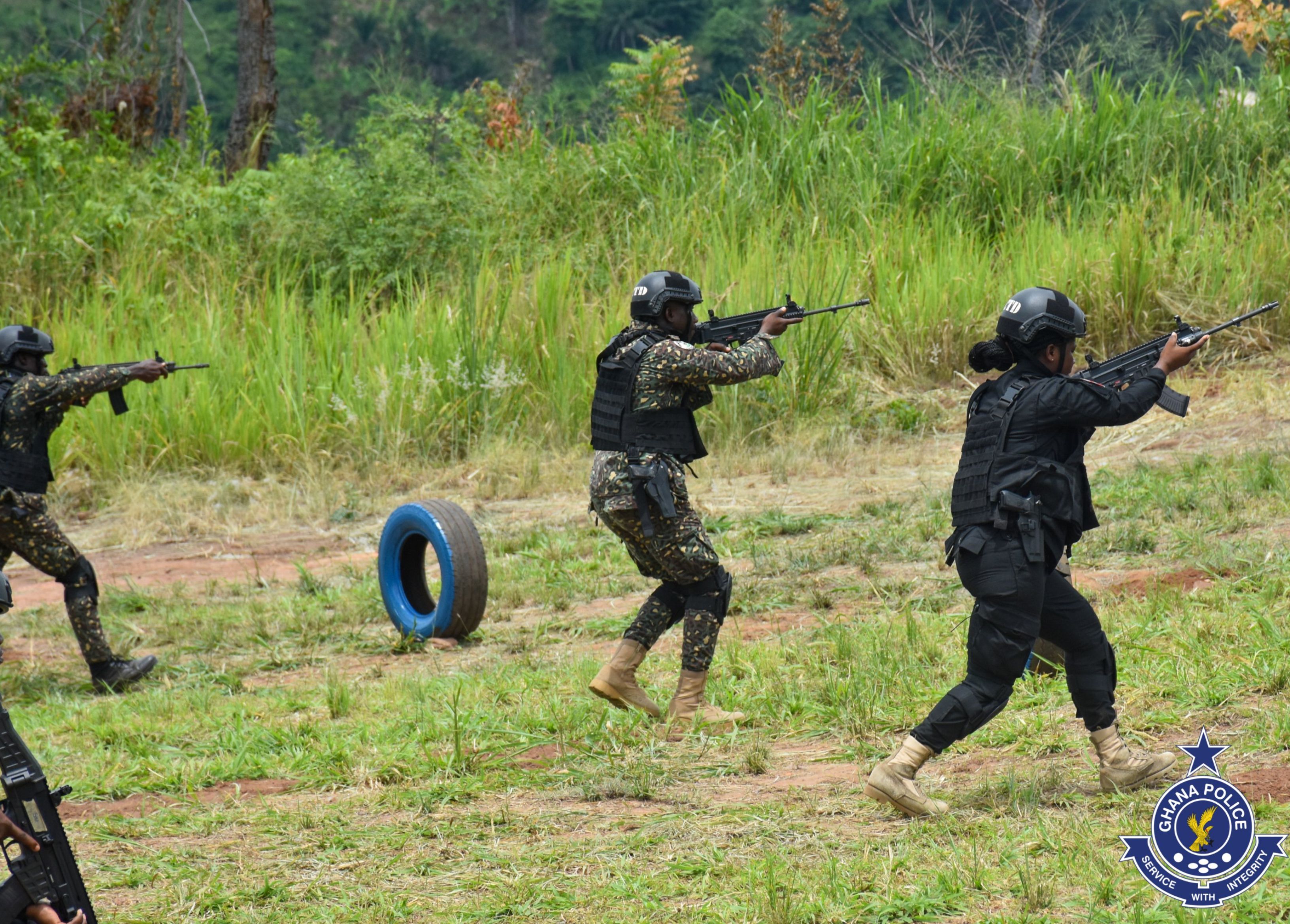







Facebook
Twitter
Pinterest
Instagram
Google+
YouTube
LinkedIn
RSS